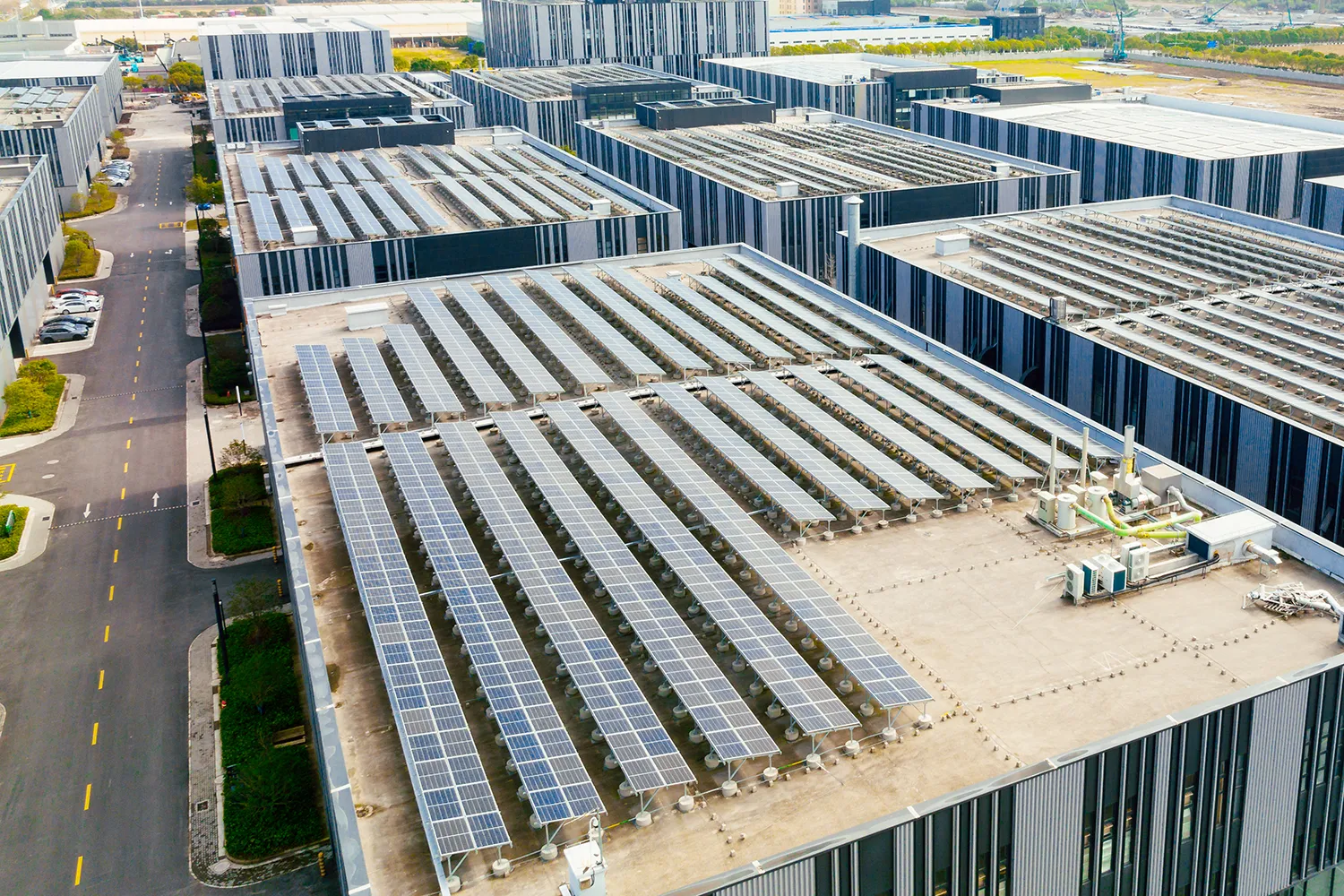Insights
Information for businesses
This page contains information for businesses (non-domestic customers). If you’re a domestic customer, follow this link for information.
Businesses of all sizes have been affected by high energy bills, driven by volatility in the international price of gas.
Regulation for non-domestic (business) customers and domestic customers (households) differs. Unlike domestic contracts, business contracts vary depending on the contract length, risk profile of a business, and usage pattern.
How the non-domestic market works
- Under the GB energy regulatory system, suppliers are under no duty to offer a business an energy contract. The rules are different for households, where there is an obligation to supply.
- Like any prudent business, energy suppliers have to consider their own exposure when choosing whether to offer a contract to a business, and a potential customer’s risk profile is taken into account when designing products to offer.
- Energy suppliers have to buy the energy they sell to customers on the wholesale market. As non-domestic contracts can cover bigger volumes and be longer in length than domestic contracts, this can result in large amounts of capital outlay.
- Each business has its own risk profile. For example, a pub and an office might use the same amount of energy but represent an entirely different risk to a supplier.
- When suppliers consider offering non-domestic contracts, they may carry out credit checking of customers as part of their processes.
- Where a supplier does choose to offer a product, they may (as part of their credit risk management) consider applying certain terms to offset potential risk. This can include requesting that customers pay a security deposit as part of their onboarding process.
- Businesses may be refused an energy contract for various commercial reasons, including a credit risk profile which is out of the range the supplier will accept for their own hedging in the energy market.
- Each supplier will view risk differently, and some may offer products tailored to different sectors, or risk or consumption profiles or sectors.
Ways businesses can reduce bills
Energy efficiency
- The economic case for investing in energy efficiency is clear. With prices so high, payback periods are much shorter and there may be additional grants or funding available.
- Businesses should try to read their meters at least once a year and give the readings to their supplier. This helps ensure customers are charged for their actual energy usage rather than largely estimated billing which has to be subsequently adjusted to reflect the accuracy that meter reads help provide.
- Smart meters or Automated Meter Reading (AMR) devices are the next generation of energy meters, as they provide information on how much energy the customer is using and when, and what it’s costing them. These devices also allow customers to access new flexible energy schemes and tariffs, which can help them save money.
- For businesses looking to improve their energy efficiency:
- The Energy Savings Trust provides energy efficiency advice for businesses.
- The Drax website contains useful guides with specific advice for the hospitality, leisure, agriculture, offices, public sector and manufacturing sectors.
- The Energy Technology List (ETL) is a government list of energy-efficient plant and machinery. In order for a product to be listed, it must meet the ETL’s robust energy saving criteria – typically set at the top 25% of products in the market.
- The Industrial Energy Transformation Fund is designed to help businesses with high energy use to cut their energy bills and carbon emissions through investment of £315 million of funding in energy efficiency and low carbon technologies until 2027.
- Check with your local council or see if there are grants that could support the upfront cost.
- The UK Business Climate Hub contains useful advice for businesses and links.
The Government provides advice that can improve the energy efficiency of your business, helping you save money, protecting against potential future energy price increases and enhancing productivity.
Onsite generation
- Investing in onsite generation also reduces bills, and can provide extra income for businesses.
- The Smart Export Guarantee Scheme pays businesses for electricity produced and exported to the grid. It is available to small-scale, low-carbon generators (onshore wind and solar up to 5MW, Micro CHP up to 50kW and anaerobic digestion)
- The YouGen website can help find installers for renewable energy generation


Upgrading heating
- Gas heating can be expensive and businesses may be able to save by switching to other forms of heating.
- Through the Boiler Upgrade Scheme, £450 million of grant funding is available over three years from 2022 to 2025. Acting on behalf of property owners, installers can apply for:
- £5000 off the cost and installation of an air source heat pump
- £5000 off the cost and installation of a biomass boiler
- £6000 off the cost and installation of a ground source heat pump, including water source heat pumps
Seeking further help
- Businesses should contact their supplier if they are struggling to pay, and make them aware of their situation. Suppliers can advise on where extra support may be available, and may be able to offer payment plans but this is agreed on a case-by-case basis
- The Business Debtline is a free, confidential debt advice service for the self-employed and small businesses. You can access Business Debtline by phone, webchat, or get advice through the website
- Businesses may also be able to cut costs by switching supplier where possible.

Support where there is no resolution with the supplier
- Business customers who are unable to secure a business energy contract are encouraged to shop around different suppliers for terms they find suitable.
- Complaints against suppliers may be taken to the Energy Ombudsman or Citizens Advice in the case of microbusinesses, and Ofgem for larger businesses.